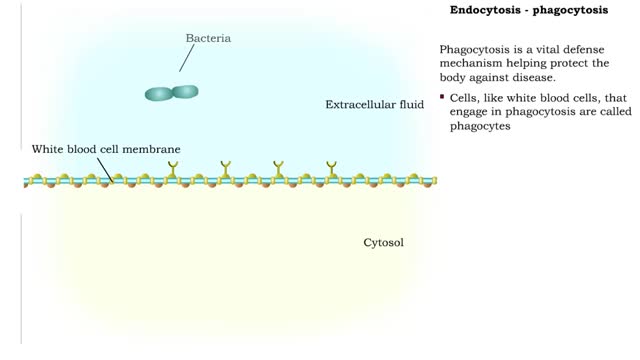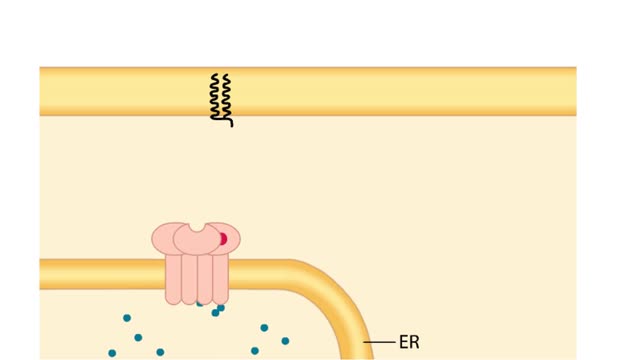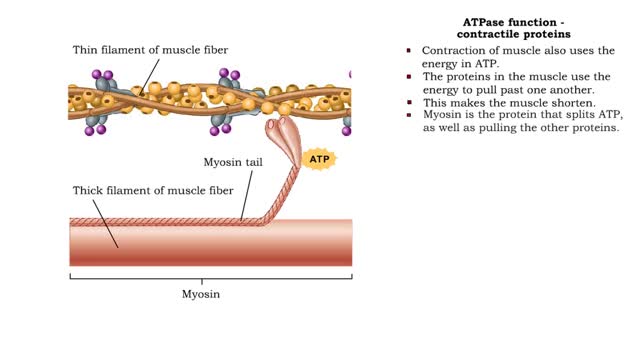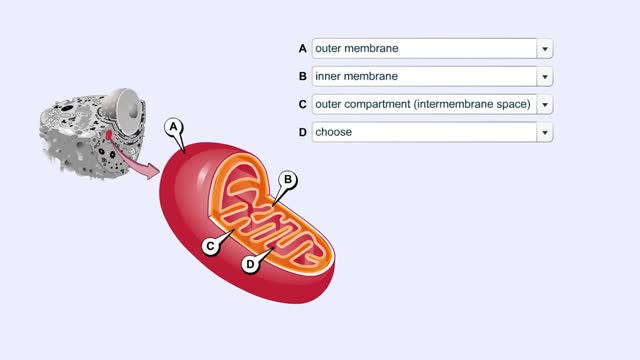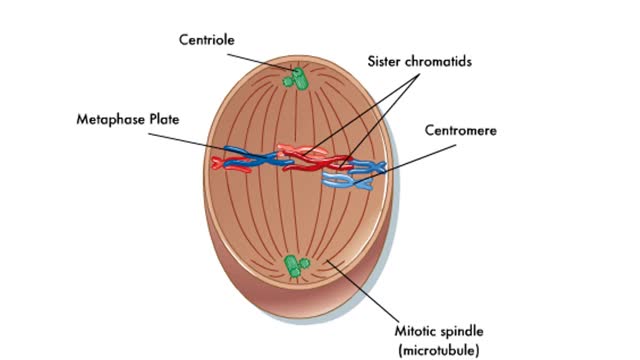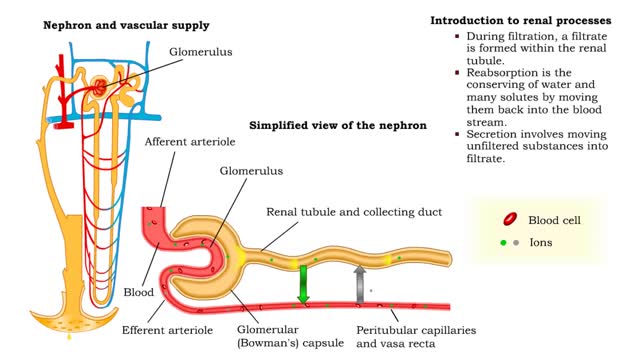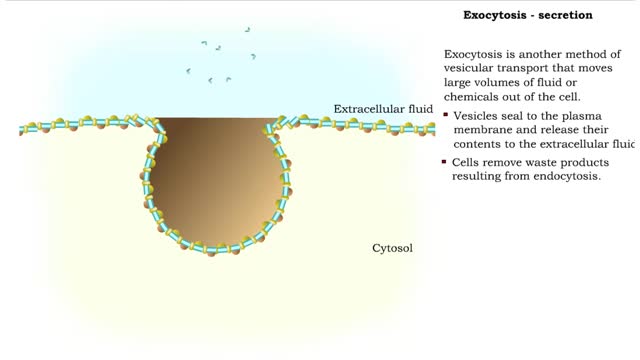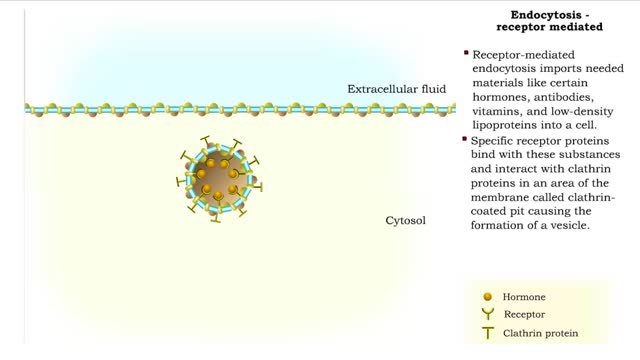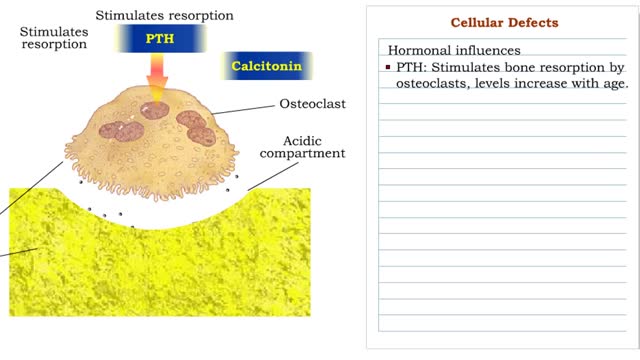Search Results
Results for: 'membrane potential'
Endocytosis -Types and Phagocytosis
By: HWC, Views: 11126
Endocytosis is the process by which a substance is brought inside a cell without having to pass through the cell membrane. It is the opposite of endocytosis, the process by which substances exit the cell without having to pass through the cell membrane. Exocytosis – membrane-enclosed secret...
Second Messengers in the Inositol-lipid Signaling Pathway
By: HWC, Views: 10216
Extracellular signals produce specific responses in target cells through the action of intracellular second messengers. Here, we focus on three second messengers, IP3, DAG, and Ca2+, all involved in the inositol-lipid signaling pathway. A hormone-receptor signal on the cell surface leads to the a...
ATPase function - membrane transport, contractile proteins and synthesis
By: HWC, Views: 11491
• Energy from ATP is used to move ions across the cell membrane during active transport. • This membrane protein transports sodium out of the cell and potassium into the cell. As such, it is called a sodium-potassium pump. • Because this pump also acts as an enzyme to hydrolyze ATP it i...
Mitochondrial Structure & ETC Protein Complexes (Protein Complexes and Electron Transport)
By: HWC, Views: 10680
The energy carrying molecules, NADH and FADH2, that were generated in glycolysis and the Krebs cycle, now are processed in the mitochondria where their high energy electrons are deposited in an electron chain complex located in the inner mitochondrial membranes. These high-energy electrons now dr...
By: HWC, Views: 9098
Prophase is the first step in the mitotic process. During prophase, the chromosomes condense. The centrosomes begin to form a spindle and move into position on opposite sides of the cell. Sister chromatids are held together by a protein called cohesin at the centromere. Prometaphase is the sec...
Introduction to filtration - filtrate formation and composition
By: HWC, Views: 11203
• At the nephron, the three process responsible for the formation of urine include: • Glomerular filtration. • Tubular reabsorption. • Tubular secretion. • During filtration, a filtrate is formed within the renal tubule. • Reabsorption is the conserving of water and many s...
By: HWC, Views: 11055
Exocytosis is another method of vesicular transport that moves large volumes Of fluid or chemicals out of the cell. It is a process by which a cell transports secretory products through the cytoplasm to the plasma membrane. A examples of cellular secretory products: 1. Secreted protein - enzym...
Endocytosis - pinocytosis, receptor mediated and Transcytosis
By: HWC, Views: 10989
Pinocytosis is the process in which a cell "drinks" a tiny droplet Of extracellular fluid, including its solutes. Pinocytosis (Cell Drinking) is the process by which the cell takes in fluids (as well as any small molecules dissolved in those fluids). • The plasma membrane folds inward to...
Cellular Defects - Osteoblasts, Osteoclasts and Osteocytes
By: HWC, Views: 10740
■ Metabolically active bone-building cells that secrete astroid. ■ Cover surfaces of newly formed bone and respond to growth stimuli ■ Less responsive to growth factors as the body ages. ■ Contribute to hone loss once their reproductive and biosynthetic potential lessens....
Advertisement



